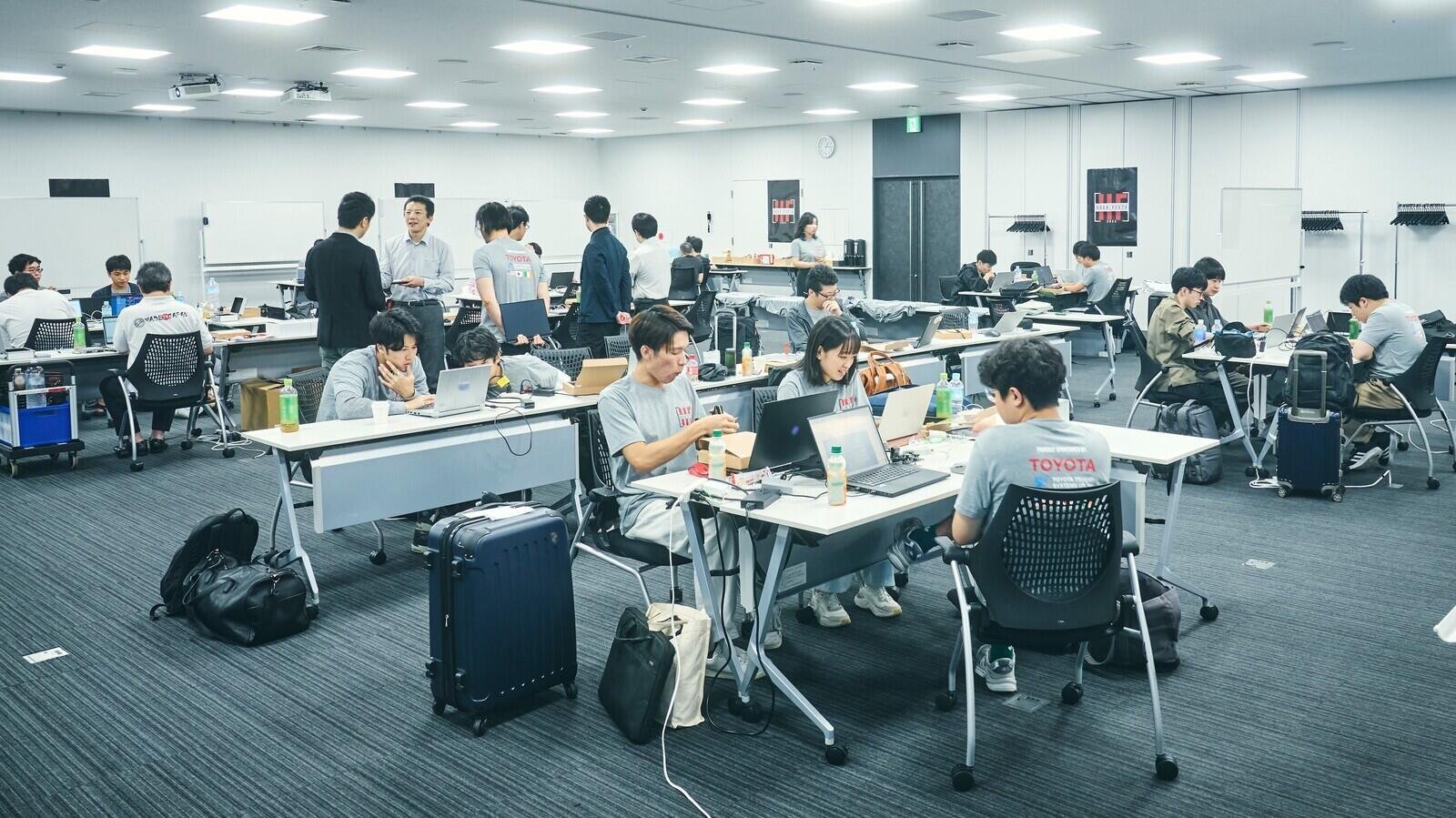Toyota is hosting global car-hacking competitions where students breach vehicle systems in controlled simulations. This counterintuitive strategy addresses critical cybersecurity threats in an era of software-defined vehicles. By turning potential attackers into defenders, Toyota is proactively securing connected cars against real-world vulnerabilities.
 [Image: Students participating in Toyota's Hack Festa cybersecurity challenge. Source: Toyota Times]
[Image: Students participating in Toyota's Hack Festa cybersecurity challenge. Source: Toyota Times]
When Toyota announces a car-hacking event, it sounds like an automotive oxymoron. Yet across labs in Japan, the U.S., and Ireland, Hack Festa gathers students not for malicious exploits, but for ethical penetration testing of vehicle systems. Teams compete to override engine RPMs, manipulate speed controls, and compromise driving functions—all within high-fidelity simulations. For Toyota, this isn't a publicity stunt; it's frontline defense in the escalating war for automotive cybersecurity.
The SDV Security Imperative
 [Image: Simulation demonstrating compromised vehicle control systems. Source: Toyota Times]
[Image: Simulation demonstrating compromised vehicle control systems. Source: Toyota Times]
"Today's cars are evolving through internet connectivity—automated driving, connected services, and Software Defined Vehicles (SDVs) that receive updates like smartphones," explains Hisashi Oguma, Ph.D., Project General Manager at Toyota's InfoTech-IS division. "This convenience invites new threats. Cybersecurity is now paramount for the entire auto industry."
The risks are visceral: a successful hack could disable braking, hijack steering, or manipulate acceleration at highway speeds. As vehicles transform into networked computers on wheels, attack surfaces explode—from infotainment systems to engine control units (ECUs). Traditional security retrofits won't suffice; threats must be anticipated during development.
The White-Hat Training Ground
 [Image: Students collaborating during Toyota's Hack Festa. Source: Toyota Times]
[Image: Students collaborating during Toyota's Hack Festa. Source: Toyota Times]
Hack Festa flips the script on traditional security paradigms. Student teams:
- Attack simulated vehicle architectures under controlled conditions
- Earn points for identifying critical vulnerabilities
- Develop exploits for systems like throttle control and sensor networks
"We're stress-testing our defenses by inviting the brightest minds to break them," Oguma emphasizes. This proactive approach mirrors the "red teaming" methodology used in national security—find weaknesses before malicious actors do.
Why This Matters for Developers
The automotive industry's shift toward SDVs demands new skill sets:
- Embedded Systems Security: Real-time OS vulnerabilities require specialized mitigation
- Over-the-Air (OTA) Update Risks: Secure channels for software patches are non-negotiable
- Zero-Trust Architectures: Vehicle networks must segment critical ECUs from less secure components
Toyota's initiative highlights a broader industry truth: cybersecurity can't be bolted on post-production. As connectivity becomes standard, ethical hacking exercises like Hack Festa provide invaluable data for building security into vehicle design lifecycles—from code to CAN bus.
The Road to Resilience
 [Image: Visualization of automotive cybersecurity threats. Source: Toyota Times]
[Image: Visualization of automotive cybersecurity threats. Source: Toyota Times]
Hack Festa represents more than a competition; it's a cultural shift. By normalizing offensive security research, Toyota fosters a generation of engineers who view vehicles through an attacker's lens. The outcomes feed directly into security hardening for next-generation mobility.
In the sprint toward autonomous driving, such initiatives aren't optional. When a single compromised ECU could endanger lives, ethical hacking transforms from contradiction to necessity—turning potential threats into the industry's strongest shield.
Source: Toyota Times

Comments
Please log in or register to join the discussion